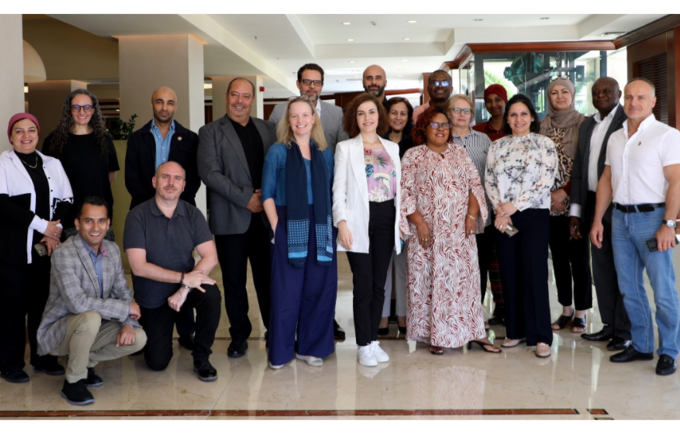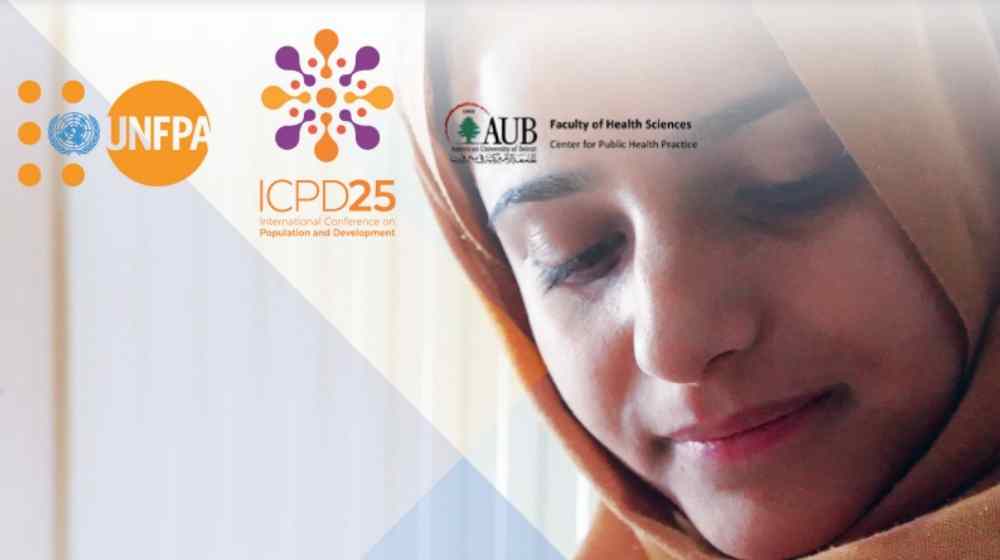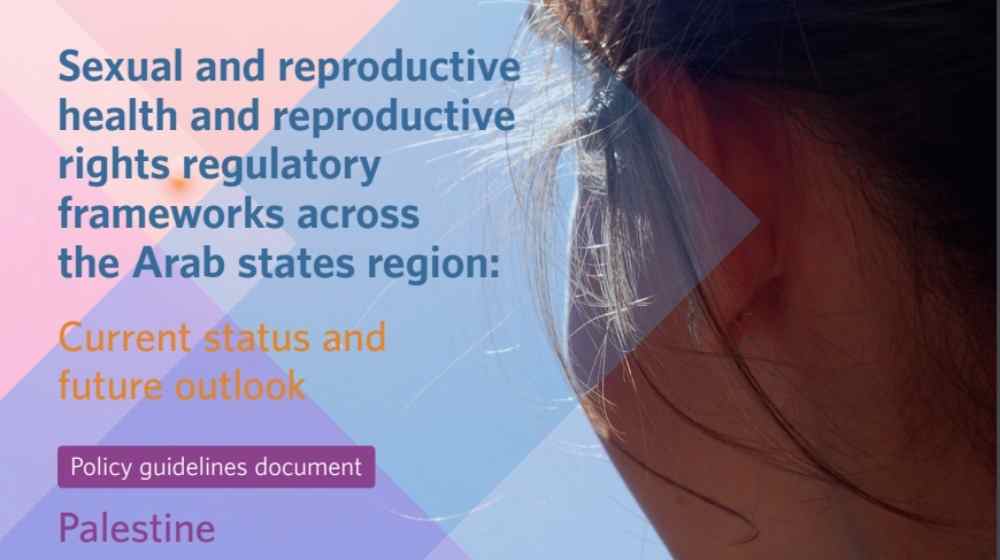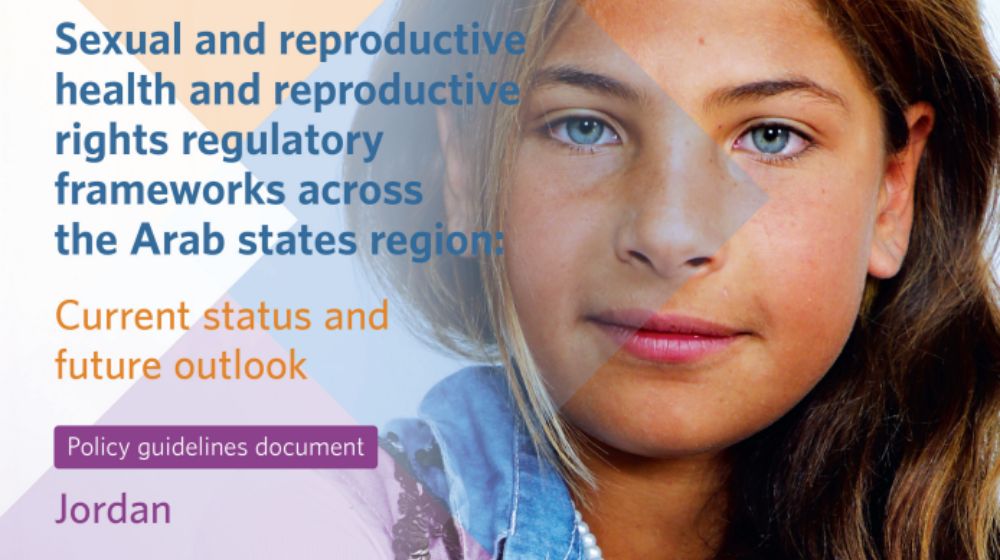13.6 million In the region have unmet needs for family planning
Cairo, 26 June 2023 – On Wednesday 21 June, UNFPA Arab States Regional Office concluded a regional consultation on family planning aimed to support efforts to accelerate the achievement of zero unmet need for family planning in the Arab region. Held in Amman, Jordan, the event gathered UNFPA experts, specialists and partners from 15 countries to discuss priorities, and examine challenges and opportunities to reduce unmet need for family Planning in the Arab Region.
Of the 91 million women of reproductive age (15-49 years) in the Arab region, 13.6 million have unmet needs for family planning as they want to avoid or delay pregnancy but are not using a contraceptive method. Ending the unmet need for family planning by 2030 is one of UNFPA’s three transformative results.
During the three-day consultancy, the participants discussed and reviewed the UNFPA Strategy for Family Planning (2022–2030) and UNFPA Acceleration Plan for Ending the Unmet Need for Family Planning (2022–2025) to support the roll-out of the new strategy and the development of country-specific roadmaps to accelerate achieving unmet need for family planning and identify areas for South-to-South collaboration in the Arab region.
The Arab region faces a unique range of challenges in accelerating efforts to meet voluntary family planning needs. Stigma faced in accessing or using family planning and social barriers, together with low or inequitable access to health and social services, weak commodity management systems, health workforce and financing gaps are some of the barriers preventing women of reproductive age (15-49) from accessing the methods that they desire.
The contraceptive prevalence rate is less than 60 percent in two-thirds of the Arab countries. Young people constitute around 30 percent of the population in the region and face serious challenges in accessing sexual and reproductive health accurate and age-appropriate family planning information and services. Many countries are also facing complex and prolonged humanitarian crises, which cause disruptions and put additional pressure on the functionality of health systems.
This situation requires a greater push from the UN, government counterparts, and civil society to ensure that women’s needs for family planning in the region are met. This dedicated workshop facilitated exchanges between UNFPA HQ, regional, and country offices to share evidence and good practices on family planning and identification of priorities to accelerate progress toward meeting unmet need for family planning across the Arab States.
For UNFPA, this regional workshop was the first of its kind to support regional level adaptation and operationalization of the UNFPA FP Strategy (2022-2030) and its Acceleration plan for 2022-2025. At the end of the workshop, all the participating countries (Syria, Egypt, Jordan, Lebanon, Somalia, Algeria, Yemen, Libya, Iraq, Palestine, Sudan, Tunisia including UNFPA Office representing GCC (Oman) drafted country-specific roadmaps entailing the key priority actions for the country offices to take in reducing the unmet need for FP. The group will reconvene virtually on a monthly basis to follow up on the progress made against country specific roadmaps.
###
About UNFPA:
UNFPA is the United Nations sexual and reproductive health agency. UNFPA's mission is to deliver a world where every pregnancy is wanted, every childbirth is safe and every young person's potential is fulfilled. UNFPA calls for the realization of reproductive rights for all and supports access to a wide range of sexual and reproductive health services, including voluntary family planning, quality maternal health care and comprehensive sexuality education.
UNFPA media contacts
Cairo: Samir Aldarabi, aldarabi@unfpa.org; +20 106 8484879




